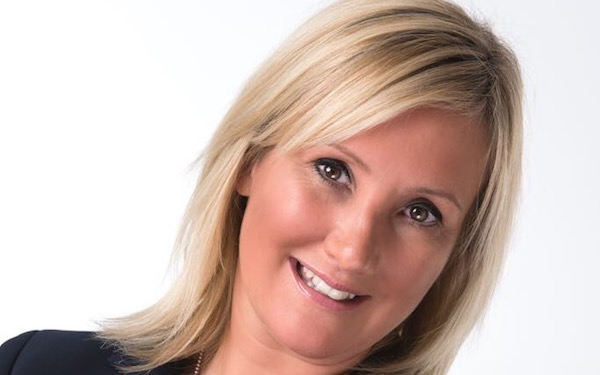
Care minister Caroline Dinenage has warned adult social care bosses that the long-delayed green paper will not solve all the sector’s problems as she sought to dampen expectations of the forthcoming policy document.
Speaking at this week’s Association of Directors of Adult Social Services’ (ADASS) Spring Seminar, Dinenage said the two-year delay in delivering the green paper – first promised in the March 2017 Budget as a route to a more secure and sustainable system – had raised expectations to unrealistic levels.
“I feel, today, a sense of responsibility to point out that neither the green paper, in fact, nor any government decision whether local or national will solve all the challenges that we face in adult social care.
“That is only someone we can all achieve by working together and by organisations and by communities.”
Multiple delays
The green paper was first due to be issued in summer 2017 but its expected publication date has been delayed six times since.
In January, health and social care secretary Matt Hancock told the House of Commons it would be published “by April” but it is now expected in June.
Dinenage said Brexit negotiations had left the Department of Health and Social Care “fighting for political oxygen” to find a window of opportunity to deliver the paper and expressed her extreme frustration at not being able to get the paper over the live.
She also sympathised with directors about the delay, telling directors that they had “every right” to be exasperated.
Focus on independent living
The green paper has been seen by the sector as needing to confront two issues: chronic underfunding of the existing means-tested care system, driven by the big cuts in government funding to councils since 2010; and the need to protect self-funding people outside the current system from catastrophic care costs.
In her speech, Dinenage gave little away on the first point but did nothing to suggest that significant new short to medium-term funding for the existing system would be forthcoming.
She said the green paper would focus on how to enable people to live more independently in their homes and be active members of their communities, promoting innovative models of care and the sharing of good practice from around the country.
On the second point, Dinenage said the green paper would raise expectations of individuals’ responsibility for their care, but stressed this would have to be matched by the state ensuring that services were “of the highest quality and the best value for money”, and that people were protected from “unexpected, exorbitant and unfair care costs”.
It is not clear whether this means the paper will suggest a taxpayer-funded cap on lifetime social care costs – which was previously government policy – or some form of insurance system, into which people and potentially their employers paid into to protect themselves from catastrophic care costs.
Such a model was proposed by a joint report by Parliament’s health and social care and housing, communities and local government select committees last year and was greeted warmly by Hancock.
Making a case for social care
Discussing the whereabouts of the green paper in her inaugural speech, new ADASS president Julie Ogley raised concerns about the current state of social care and at the document’s delay.
“If I think about the current agenda for adult social care, after a decade of austerity, and where do we find ourselves – serving fewer people, with a fragile care market, a fragile workforce with no national workforce strategy, unsustainable funding without a settlement but increasingly reliant on one-off grant funding, without a green paper providing our future strategic direction, with other partners trying to set the adult social care agenda.”
She pointed out that the NHS had already been given it’s long-term plan for the future and questioned if the government’s decision to delay the green paper was a sign that it was not prioritising the sector and that social care was “being determined through the plans of others” instead.


 A trauma-informed approach to social work: practice tips
A trauma-informed approach to social work: practice tips  Problem gambling: how to recognise the warning signs
Problem gambling: how to recognise the warning signs 




 Find out how to develop your emotional resilience with our free downloadable guide
Find out how to develop your emotional resilience with our free downloadable guide  Develop your social work career with Community Care’s Careers and Training Guide
Develop your social work career with Community Care’s Careers and Training Guide  ‘Dear Sajid Javid: please end the inappropriate detention of autistic people and those with learning disabilities’
‘Dear Sajid Javid: please end the inappropriate detention of autistic people and those with learning disabilities’ Ofsted calls for power to scrutinise children’s home groups
Ofsted calls for power to scrutinise children’s home groups Seven in eight commissioners paying below ‘minimum rate for home care’
Seven in eight commissioners paying below ‘minimum rate for home care’
 Facebook
Facebook X
X LinkedIn
LinkedIn Instagram
Instagram
“… Dinenage said the green paper would raise expectations of individuals’ responsibility for their care, but stressed this would have to be matched by the state ensuring that services were “of the highest quality and the best value for money”, and that people were protected from “unexpected, exorbitant and unfair care costs”.
Can that reasonably be interpreted to mean that some form of price controls are being considered?
Did we really have any expectations? I would think by now these would have evaporated.
This can is going to keep on being kicked down the road whilst this government is in office.